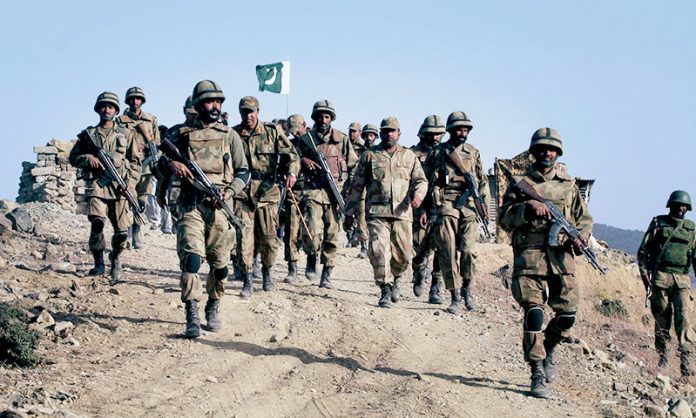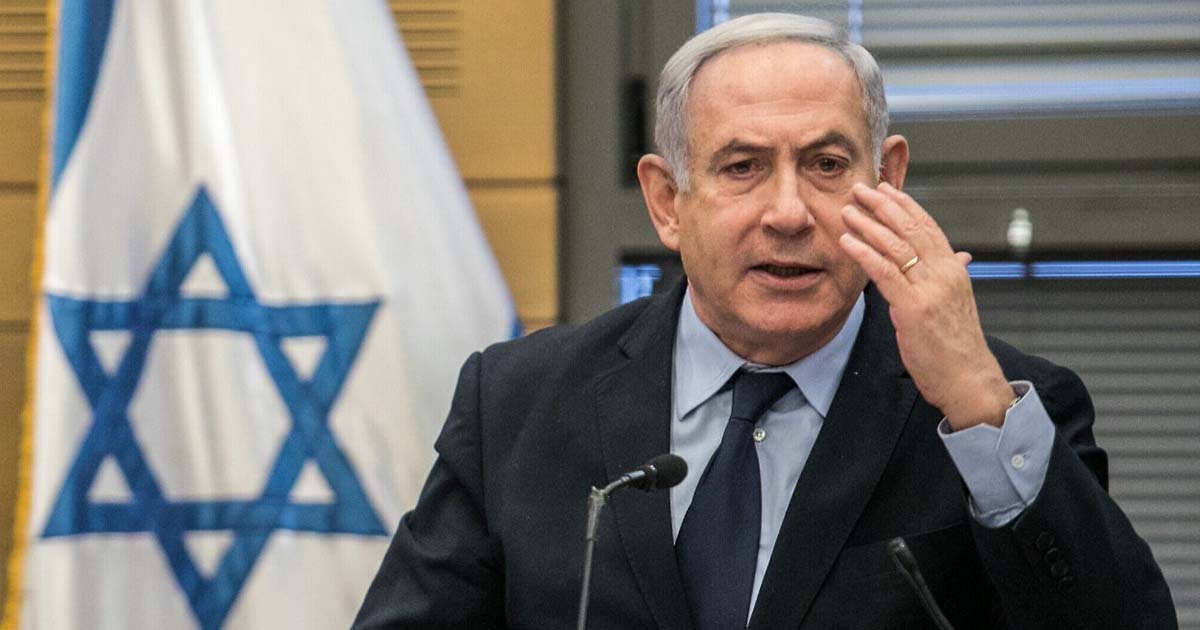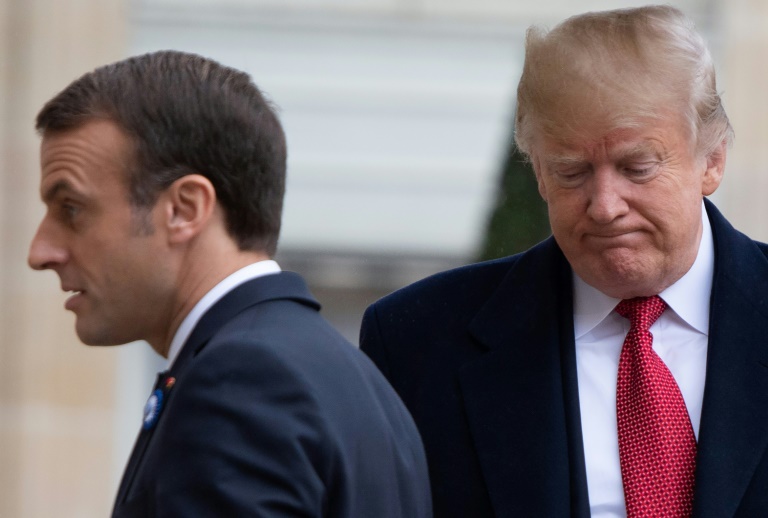Syed Ali Zia Jaffery |
In an Intelligence Based Operation (IBO) in Lahore, a female student, Noreen Laghari, was arrested and a planned terrorist attack during Easter was foiled. Most ominously, the apprehended medical student was affiliated with ISIS. Law Enforcement Agencies in conjunction with the intelligence are partaking in Operation Radd Ul Fasad, a country-wide series of actions to rid it of the menace of terrorism.
Despite military successes, terrorism is still a serious threat.
In February this year, Operation Radd Ul Fasad was launched all across the country to dislodge, disrupt and dismantle remnants of militants and their abettors. This was done in wake of a renewed wave of attacks which took place in the very month. It must be stressed that this operation is the last of the state’s kinetic efforts. It will build upon and consolidate the military successes achieved by the conduct of Operation Zarb-e-Azb.
Despite military successes, terrorism is still a serious threat. It is a bane for prosperity and the country’s development hence efforts must be made in the right direction. Much has got to do with the state’s approach towards counter-terrorism. It is, therefore, important to give an overview of how the state dealt with anti-state rogue forces inside the country since 2001 and analyze as to what went wrong?
Read more: Army will support mainstreaming of FATA, says Gen Bajwa
Talks or the use of force?
As special operations continued unabated, there was a realization that Waziristan was not in the hands of the government. Thus, the Waziristan Accord was promulgated in 2006.
During the past decade, the Pakistan Army has had to carry out various counter-insurgency operations in FATA; later mixing dialogue with the use of force. The scale of operations has increased over time. However, the state favored mixing politics with force and hence was chastised for being soft on militants. This dilly-dallying made militants more brazen; while, the military was finding these type of operations a tad unfamiliar, given its focus on conventional warfare.
However, it is a myth that the military is not trained in the art of irregular warfare. Internecine reverses compelled the top brass of the military to crack peace deals with local militants. Deals were first signed in 2004. These agreements failed and were interspersed with military actions. One can learn a thing or two from these controversial deals: bargaining from a position of weakness is doomed to failure. Certainly, these piecemeal indentures made the militants more blatant, to say the least.
Read more: What kind of politics is being played to stop FATA being integrated into Pakistan?
As special operations continued unabated, there was a realization that Waziristan was not in the hands of the government. Thus, the Waziristan Accord was promulgated in 2006. Again, the accord had inherent flaws; it gave the same status to the state and the tribes and accorded a degree of respect for insurgents. The agreement had a limited reach; the clauses emboldened the militants to a greater degree since the Army ceased operations. The accord caused a temporary lull.
The picturesque Swat Valley, inhabited by hospitable Pashtuns fell to the butchery of Tehreek-e–Nifaze Shariatey Muhammadi (TNSM). Sufi Muhammad and his son-in-Law, Fazlullah tried to foist a barbaric system ostensibly to purge Malakand of satanic practices.
The accord provided a tactical breathing space. With the military going after the nefarious Red Mosque in the capital city, Pakistan had to brace itself for a long war. It was time for the launch of the grotesquely virulent Tehreek-e-Taliban Pakistan (TTP). It played havoc by attacking the sinews of the state. Following the emergence of the TTP, major operations were launched in South Waziristan and Bajaur; the latter was resoundingly successful in more ways than one.
After the attack on the General Headquarters on the 10th of October 2009, a full-scale military operation named Rahe Nijaat was launched in South Waziristan. The formidable sanctuaries of South Waziristan were overhauled by the Army; the IDPs have successfully returned to their homes. However, the civil setup has not supplanted the army, which is a challenge in itself.
It is, though, creditworthy that a successful operation was launched in South Waziristan, but the military operation is just one element of counterterrorism. The military has assiduously created space for political and social reforms. A failure to move-in would not effectively bring Waziristan out of the clutches of the militants. We have seen that deals have made them more ferocious whereas operations have broken their backs considerably, though this does not suggest that the terrorist threat was alleviated with lone military operations.
Read more: Afghan Refugees in Pakistan: A Continuing Challenge
The use of force has and will continue to remain an important corollary in Pakistan’s Counter Terrorism efforts. However, considering it as the sole possible action is wrong.
The picturesque Swat Valley, inhabited by hospitable Pashtuns fell to the butchery of Tehreek-e–Nifaze Shariatey Muhammadi (TNSM). Sufi Muhammad and his son-in-Law, Fazlullah tried to foist a barbaric system ostensibly to purge Malakand of satanic practices. A low-profile operation in 2007 was followed by deals. The main deal was the promulgation of the Nizam-e-Adl regulation in February 2009. However, again the deal was used to breathe, re-think, and accumulate strength. Soon, the militants started with their rule of the sword. Thus, a full-scale military offensive was launched. Normalcy is visible in the valley but there is no civilian imprint, which remains a cause of concern.
The way forward
The use of force has and will continue to remain an important corollary in Pakistan’s counter-terrorism efforts. However, considering it as the sole possible action is wrong. The state has to focus on other equally important non-fighting aspects: social and political reforms are well in order, of which FATA reforms is only one element.
Laila Bukhari contributed a chapter in the book “The Future of Pakistan “, giving a succinct and plausible modus operandi on how to counter the savagery. She gave long term solutions, to include creating an environment of healthy debate, to focus on quality education, and economic uplift the state has to focus on growth, development, and fighting extremism in all forms and manifestations. Policies must ensure that a bulging youthful population does not fall prey to militancy. It can only be ensured if they are made stakeholders in nation and state building.
Syed Ali Zia Jaffery is a Research Associate at the Center for Strategic and Contemporary Research (CSCR), Islamabad. He frequently writes on defense and strategic affairs of South Asia. The views expressed in this article are the author’s own and do not necessarily reflect Global Village Space’s editorial policy.














